I didn’t realise how attached I was to the traditional British wedding — the whole messy, pricey, drunken business — until I discovered it was under threat. The new fashion is for elopement, just the happy couple, one or two friends and a photographer, all perched on the edge of some picturesque cliff or on a mountain top. It makes sense while we’re all social distancing, but I suspect the elopement trend is set to continue — and I think it’s dismal.
I first saw the signs when I asked a friend what he was up to this Saturday. ‘Oh, I’m just off to an elopement,’ he said. My immediate instinct was that he should call the police. I grew up reading Georgette Heyer — all child brides bundled into carriages at night by elderly earls — so for me there’s a fine line between elopement and abduction.
But 21st-century elopement, as it turns out, doesn’t mean running away, or dashing to Gretna Green — it’s essentially just a wedding free from extended family in some glamorous location. It was here before the virus hit — the internet is full of ‘celebrities you didn’t know eloped’: Ashton Kutcher and Mila Kunis, Cameron Diaz and a chap called Benji, Tom Brady and Gisele. But like Zoom meetings and electric scooters, it’s been boosted by the pandemic. Corona has given elopement wings. I think it would be a good idea to clip them a little.
Once you start looking you’ll find that almost every romantic venue which once laid on weddings now offers an ‘elopement package’: flowers, registrar, photographer and complimentary prosecco in the bridal suite. Almost everyone advertises the experience as ‘free’ and ‘wild’. Be young, be bohemian, get hitched on the beach; throw off the crusty shackles of tradition; throw off boring uncle Bill and to the dogs with cousin Jane. Rip up the placement, pocket the cash.
But is an elopement really freer and wilder than the usual bash? I don’t think so. I’m a hypocrite and fickle because I’ve often moaned about weddings, both my own and other people’s. I long for a nap between church and food and, come midnight, worry about when I can get away. But it now strikes me that a traditional wedding is wild in the proper sense of the word. There’s the chaotic clashing of incompatible families, teens snogging and toddlers at the Buck’s Fizz; there’s sweaty dread as your father begins his speech.
An elopement has too few moving parts for wildness. Where’s the potential for joyful chaos when it’s just the two of you, circled constantly by a snapper? Real wild is my father-in-law on the dancefloor. Then there’s the submerged snobbery of anything sold as ‘wild’, the tacit assumption that you, wild child, are different from the lumpen mass of non-wild types, too staid and probably too old.
Have more time for you, say the new breed of elopement planners — after all, it’s your day. Why share it? But is a wedding really your special day? I’m not sure it is. When friends tell a stressed-out bride, ‘Don’t worry, it’s not really for you, it’s for the family’, that’s not just a soothing platitude, I think it’s true. The ceremony is about the witnesses as much as the bride and groom, the party bit is a chance for your two families to meet. Have a honeymoon if you want to be alone.
A quick scan through the price lists for elopement packages shows that by far the most expensive part of it all is the photographer. Yes there’s a registrar involved (the venue will provide) and you’ll make your vows, but the photos are the really vital element, and this is what’s most irksome about elopements. Of course there are photographers at most normal weddings, but they’re on the periphery, or scuttling like ball-boys along the altar rail. The reason the snapper is central to an elopement, the reason you’re barefoot on a beach in Devon wearing vintage lace, isn’t because you’re a free spirit, it’s because your wedding is a photoshoot.
In a way, it’s unsurprising. Think of all the other parts of 21st-century life that are made for social media or TV. Over the past few years restaurants have begun to angle themselves and their food towards Instagram — it’s not about how it tastes, it’s about how it posts. Protestors gather at a real time and place, but more often than not, their demonstration is more for Facebook than for real change. The kids in gangs stab other kids, just so as to post it online and up their cred. So weddings morph into photo ops.
And what on earth, in the end, are you going to do with all the photos? In another lifetime, biking to work along the Thames to Westminster, I used to stop to watch the young Chinese couples pose for photos in front of Big Ben. They’d be there in full wedding gear: suits and long white silk dresses. They’d sit on the Thames wall, veils billowing, waiting to be backlit by the sun — or pose in the red phone box in Trafalgar Square, oblivious to its disgusting smell. My colleague Cindy Yu wrote an article in this magazine about it all. It’s fashionable, she explained, for unmarried Chinese couples to pick a glamorous European landmark and fly out for a pre-wedding shoot. I can see that it’s fun, when you’re young, to lounge and pose about, but my question to her then was the same as my question now: who ever looks at all those snaps? What’s the point of them all?
Simply send around a link, and your friends and family can have a lovely photo party, say elopement planners. There are promotional shots of friends and relatives, not even slightly bitter about the lack of a proper invitation, laughing, drinking champagne, looking at photos on an iPad. Just imagine: a thousand near-identical photos – every one artfully chosen, and all just of the bride and groom. What fun.
Got something to add? Join the discussion and comment below.
Get 10 issues for just $10
Subscribe to The Spectator Australia today for the next 10 magazine issues, plus full online access, for just $10.
You might disagree with half of it, but you’ll enjoy reading all of it. Try your first month for free, then just $2 a week for the remainder of your first year.


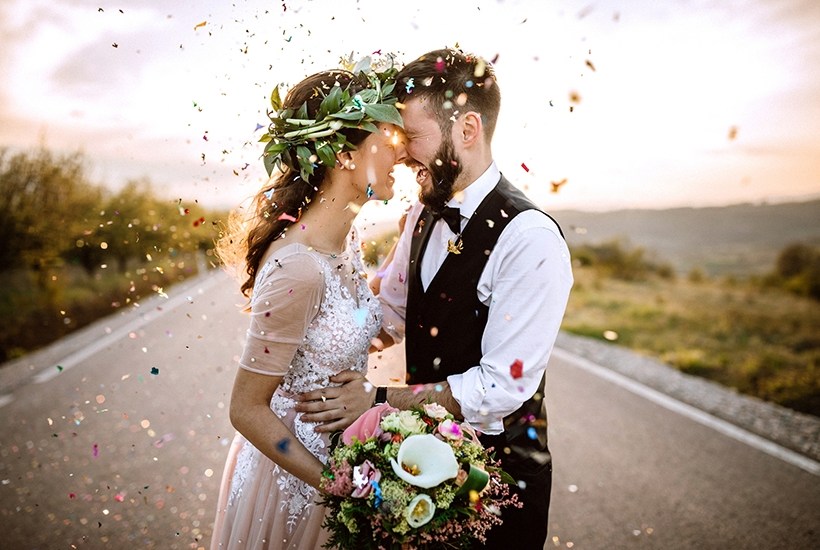
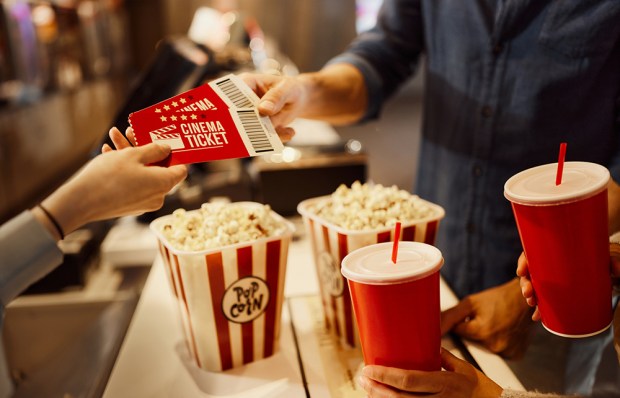
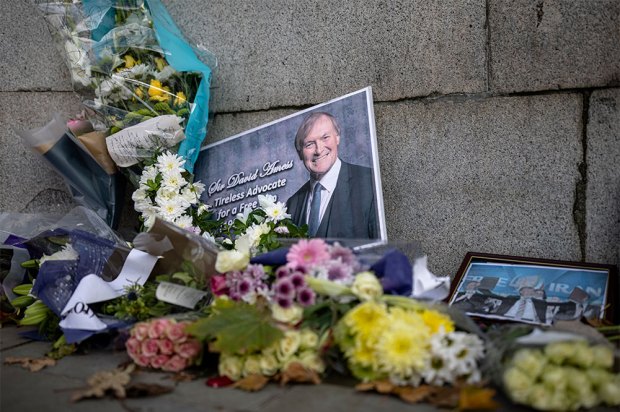
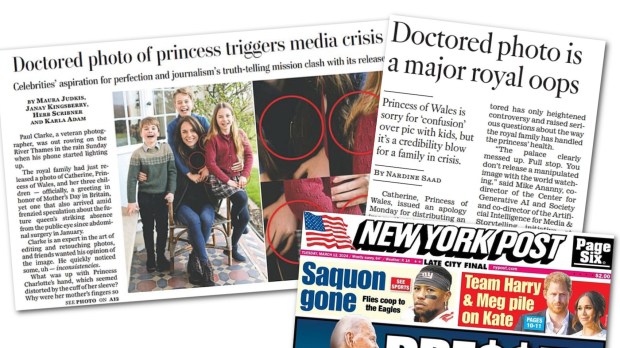


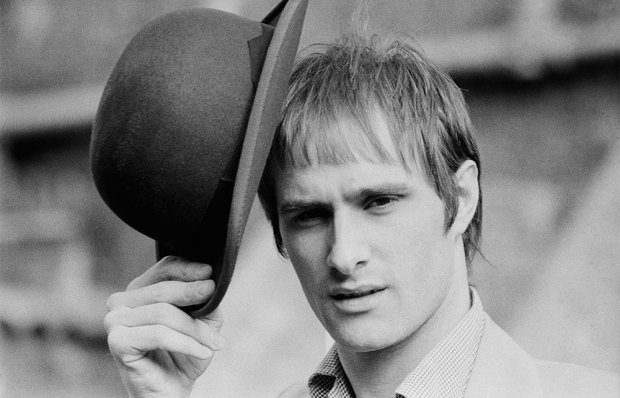






Comments
Don't miss out
Join the conversation with other Spectator Australia readers. Subscribe to leave a comment.
SUBSCRIBEAlready a subscriber? Log in